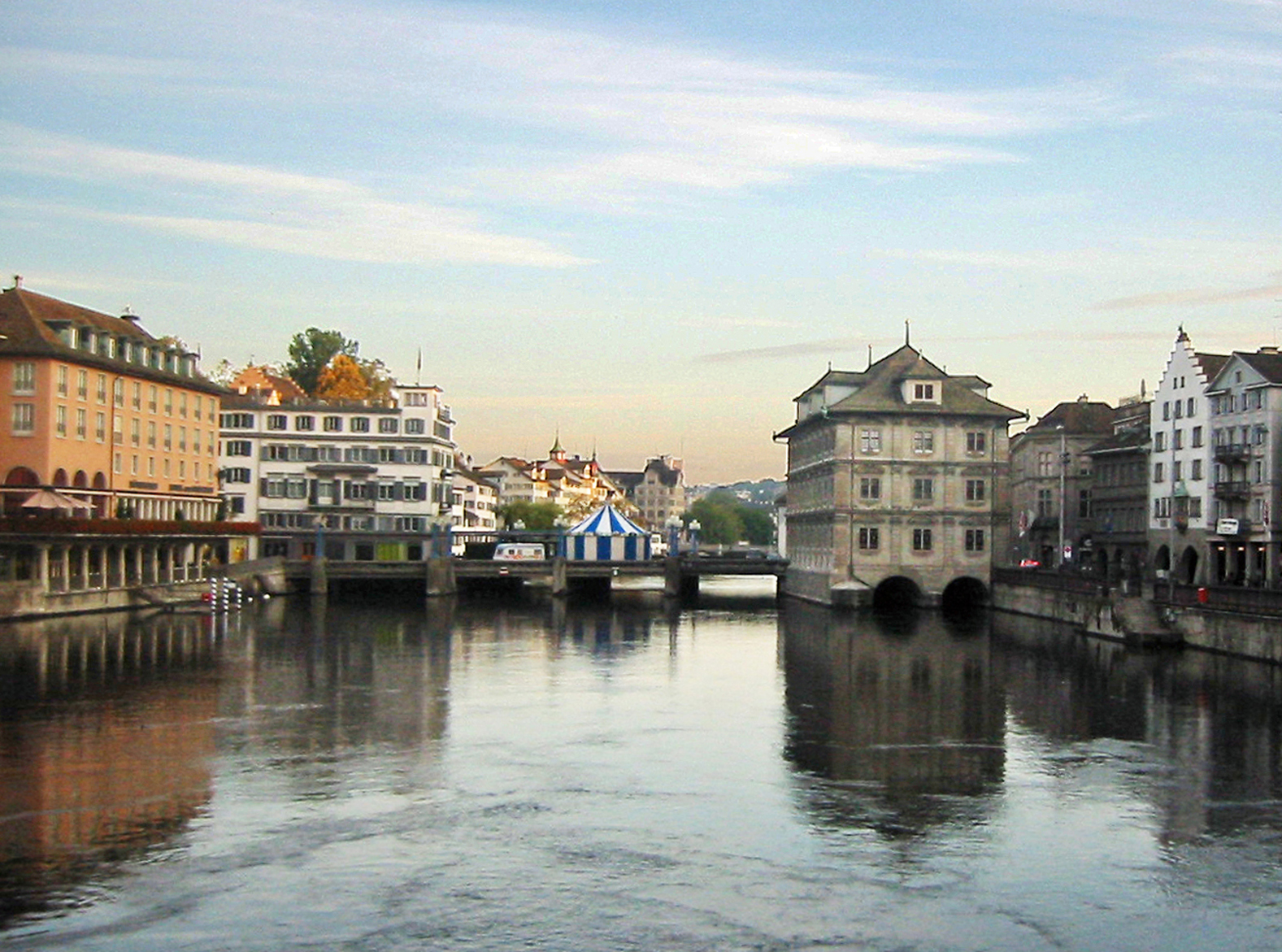
With fewer than 400,000 residents, Zürich, Switzerland, houses the world’s second-largest gold market and fourth-largest stock exchange. Its per capita income is among the highest in the world. Some see Zürich’s remarkable economic successes as the legacy of a sixteenth century priest virtually unknown in the United States.
The Romans founded Zürich in 15 B.C. along the Limmat River that flows north from Lake Zürich. The lake and the nearby Glarus Alps whose melting glaciers feed it create one of the most picturesque backdrops of any city in Europe. During the middle ages, Zürich was a self-governing city-state and member of the Swiss Confederacy.
In 1518, Ulrich Zwingli became priest of Zürich’s Grossmunster Church. Like Martin Luther, his contemporary in Germany, Zwingli sought to reform the Roman Catholic Church but soon concluded reform was impossible. By 1528 about half the cities of the Swiss Confederacy had followed Zwingli in rejecting the authority of the Pope. Like the later John Calvin in Geneva, Zwingli preached discipline, thrift and self-reliance, instilling in Zürich what became known as the “Protestant ethic.” Many consider Zwingli – killed and mutilated in a major battle between Swiss Catholics and Protestants in 1531 – one of the fathers of the Reformation, along with Luther and Calvin.
Under the 1848 constitution creating the Swiss federal government, Zürich became the capital of the Zürich Canton. The city is governed by a citizen assembly meeting in the old town hall curiously located in the river. Influenced by Zwingli, Zürich has long deserved its reputation for efficiency, integrity, prosperity and, some would say, dullness. Zürich has lately cultivated a different side, reportedly now sporting the highest night club density of any city in Europe to go along with its 50 museums.
The marriage of hard work by day with partying by night has succeeded, with recent surveys identifying Zürich as the city having the world’s best quality of life. It has also become one of the world’s most cosmopolitan cities, with one of every three residents born in another country. The gnomes of Zürich are hiding no more.



